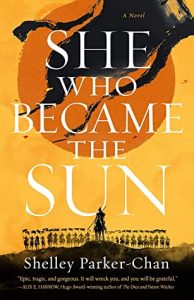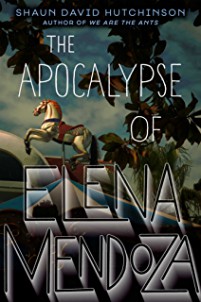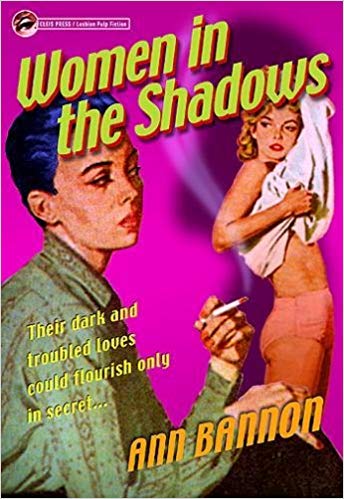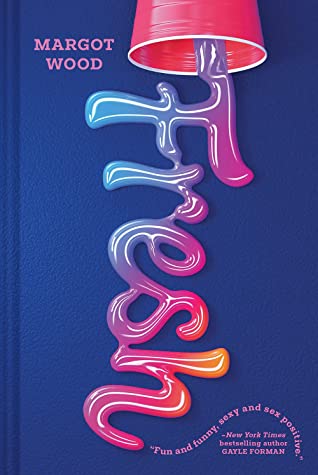If you have even a passing interest in sapphic fantasy, you have almost certainly heard about She Who Became the Sun by Shelley Parker-Chan. A reimagining of the founding emperor of the Ming dynasty’s rise to power, it begins with a young boy who is destined for greatness and a young girl who is destined to be nothing. When the boy instead follows the rest of the family into death, the girl takes on both his name and his fate, doing whatever she must to not only survive but to rise higher and higher until she finally reaches that fated greatness she so desires.
For so long, I put off reading this book because while I love nothing more than a beautiful sapphic fantasy, all I heard people say about this book (besides that it is brilliant) is it is brutal and it will wreck me. Having now read it for myself, I can confirm all of those things: it is brutal, and it did wreck me, and it is legitimately one of the best books I have read all year (perhaps equal only to its follow-up, He Who Drowned the World). I say this having read a lot of great books that I loved this year. I am absolutely obsessed with this duology.
When I say it is brutal, though, I am actually not really referring to on-page violence. Part of the reason I think I put off reading it for so long is because the war setting made me assume there would be a lot of graphic battle scenes, which I personally have never cared for. As it turns out, however, the battles are much more political than combat-based, even while many of the main characters are warriors. There is violence, to be sure, but it is not particularly drawn-out.
Where Parker-Chan’s real interest lies is in the characters and their relationships, and that, too, is where I found the most brutal thing about this book. I don’t want to say too much because I think spoiling anything in this book is practically a crime, but when I say that I don’t think I have read a more terrible and beautiful and painful and complex relationship than some of the ones in this book, please understand that I have read Tamsyn Muir. The agony I experienced reading this book was somehow even more intense than what The Locked Tomb did to me. One particular scene between Ouyang and Esen made me actually scream, and if you’ve read this book, it’s probably not even the one you’re thinking of.
For all the agony this book caused me, however, it was also so much funnier than I expected. Zhu, our protagonist, was particularly funny, but it wasn’t just her. I alternated between laughing and almost crying so many times while reading this, and neither emotion ever felt like it was encroaching on the other. The mood of every scene was masterfully written, so nothing felt out of place.
I have to talk about Zhu some more, though, because while I loved (and also hated, sometimes at the same time) so many characters in this book, Zhu in particular stood out. I don’t think I’ve read another character like her. As I said before, she was surprisingly funny, but she was also the most determined, ambitious, ferocious force of nature. Her character arc is as complex as anything else in this book—think “I support queer rights, but I also support queer wrongs,” as, like pretty much all of the characters in this book (except Ma, who is lovely and deserves the world), her choices are never unbelievable from a character perspective, but they are not always what one would call “morally defensible.” (Who, after all, strives for greatness while remaining good?) Despite that, she remains compelling, and somehow I never stopped rooting for her.
I can see why this book isn’t for everyone–it is rather dense and truly horrifying at times, and the sequel, which comes out next week, is even worse. However, this is a book that knows exactly what it is, and it does it so well. It is a brilliantly crafted epic about power, greatness, and gender, and it took my breath away. I would say, if the premise sounds interesting and the trigger warnings sound manageable, make sure you’re in the right headspace and give this series a shot. Let it wreck you—I promise it will be worth it.
Trigger warnings: War, violence, death, child death, misogyny, sexual content, animal death, torture, internalized homophobia, mutilation.



